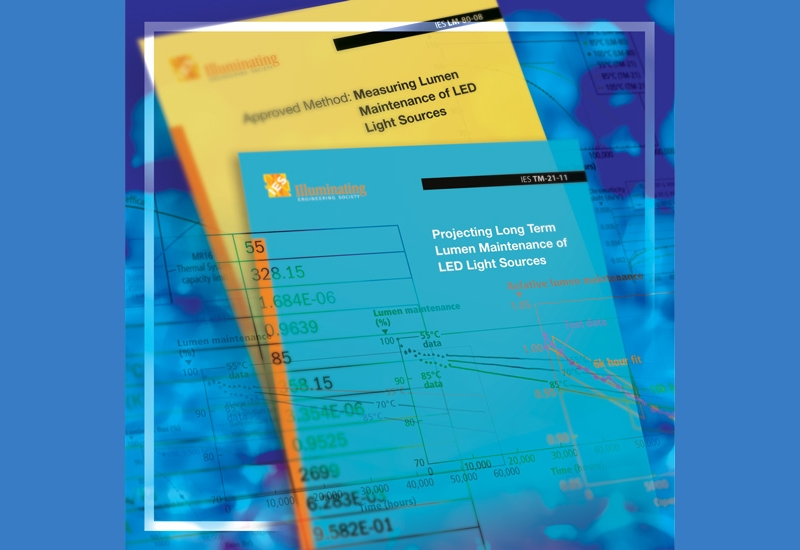LED lifetime claims need a reality check (MAGAZINE)
Posted: Tue Feb 16, 2021 3:30 pm
https://www.ledsmagazine.com/manufactur ... k-magazine
Some interesting parts:
"Many more succumb to peer pressure and play the middle ground, playing the same games with lifetime claims while being somewhat transparent about it. A whole lot of manufacturers are doing what their competitor does while knowing full well that it’s wrong. They take the same shortcuts seemingly for short-term gain — no matter the potential for long-term pain resulting from today’s bad choices."
"In a great many other instances, however, manufacturers have either doctored LM-80 data to skew projections to their advantage, selectively enforced TM-21’s calculation requirements, or maybe just made up a bunch of crap. It’s not hard to find the offenders. There’s no shortage of street lights marketed with lifetime claims of 150,000, 200,000, 250,000, or 300,000 hours to L70. That last one — 300,000 hours to L70 — translates to more than 34 years of continuous operation. At 12 hours on/12 off per day, that would be more than 68 years. Some LED manufacturers’ product lifetime claims are now in the territory of average human life expectancy for many countries of the world. How about a wall pack from a corporate multinational rated >560,000 hours to L70? That’s nearly 128 years at 12 hours per day. I’m a believer in SSL technology and appreciate that with thoughtful engineering, testing, and design iteration one could conceivably achieve decades of reliable operation, but today’s SSL market has run amok with overrated LED lifetime claims that make direct or implied (“L70”) reference to TM-21, the very industry standard that cautions against statistical invalidity, while conveniently ignoring the standard’s most important statistical tenet and glancing over more obvious weak points like LED driver failure."

Some interesting parts:
"Many more succumb to peer pressure and play the middle ground, playing the same games with lifetime claims while being somewhat transparent about it. A whole lot of manufacturers are doing what their competitor does while knowing full well that it’s wrong. They take the same shortcuts seemingly for short-term gain — no matter the potential for long-term pain resulting from today’s bad choices."
"In a great many other instances, however, manufacturers have either doctored LM-80 data to skew projections to their advantage, selectively enforced TM-21’s calculation requirements, or maybe just made up a bunch of crap. It’s not hard to find the offenders. There’s no shortage of street lights marketed with lifetime claims of 150,000, 200,000, 250,000, or 300,000 hours to L70. That last one — 300,000 hours to L70 — translates to more than 34 years of continuous operation. At 12 hours on/12 off per day, that would be more than 68 years. Some LED manufacturers’ product lifetime claims are now in the territory of average human life expectancy for many countries of the world. How about a wall pack from a corporate multinational rated >560,000 hours to L70? That’s nearly 128 years at 12 hours per day. I’m a believer in SSL technology and appreciate that with thoughtful engineering, testing, and design iteration one could conceivably achieve decades of reliable operation, but today’s SSL market has run amok with overrated LED lifetime claims that make direct or implied (“L70”) reference to TM-21, the very industry standard that cautions against statistical invalidity, while conveniently ignoring the standard’s most important statistical tenet and glancing over more obvious weak points like LED driver failure."
